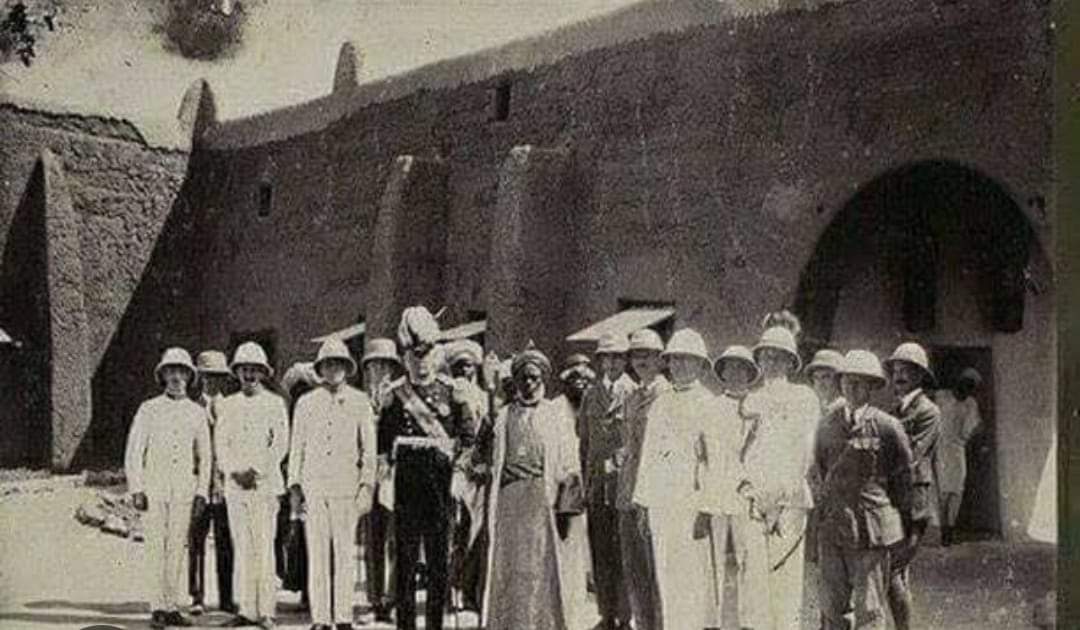THE COMING OF THE BRITISH TO KATSINA IN 1903.

The coming of the British to Katsina was followed by the eventual occupation and subjugation of Katsina to the British rule has been on variuosly perceived both in oral testimonies and in written documents.
However it is said that after the fall of Sokoto in March 1903 the then Emir of Katsina Abubakar(1887-1905) received a letter from Lugard stating that, the British would be coming to Katsina. The letter was read in Katsina in front of Katsina Kingmakers and other leading officials. Some War leaders in Katsina adviced the Emir Abubakar to fight the. British, and the Abubakar did not accept such advice. Because at that time, the British had already conque and defeated other Emirate in the Caliphate like Hadejia, Kano, and Sokoto, for these reasons, Katsina had submitted to the British peacefully as no body was killed nor injured.
The following day Lugard called up on the Emir and his leading men, he told the Emir that British would recognised him as a King, Abubakar was reinstalled thus making it clear that, he was now ultimately responsible not to the Amir-almuminina but to the High Commissioner. It is said that Lugard took the sword with which Korau had used to slay Sanau as a symbol that power had now being transfer to the British. Besides, he further explained to the Emir on how to treat his subject and promised to spread the development of Education. Moreover he explained on how domestic currency could be exchanged with that of the British. Following this was the consolidation of British authority that lasted for numerous years.
However Emir Abubakar was later deposed by the British in 1905, he was exile to Ilorin and later to Kano where he died in 1940. His uncle Malam Yero was appointed as the Emir to replace him in January 1905, he too was deposed after only about one year on the throne and was taken to Lokoja where he died in 1919. Durbi Muhammad Dikko, who was by then Durbin Katsina, District head of Mani and liesen officer between the Emir of Katsina and the British was appointed Acting Emir in 1906, and was formally installed in 1907.
One of the areas of concern in the British administration in Katsina and in the other Emirate of the Chaliphate was the issue of taxation. The British were against the pre-colonial mode of taxe collection whereby the territorial heads resided at the Capital Headqueters and sent the Jakadu (Royal Messengers) to the territories to collect tax on their behalf. As part on the British policy, the District heads must leave the Capital cities and go back to their newly created District or face deposition. Thus the Jakadanci system was abilised by the British, and the District heads became responsible to the Emir. In Katsina for example Yandaka Zubairu moved to his Headqueters at Tsauri, Iya Zakari to Mashi, and others.
Musa Gambo.

